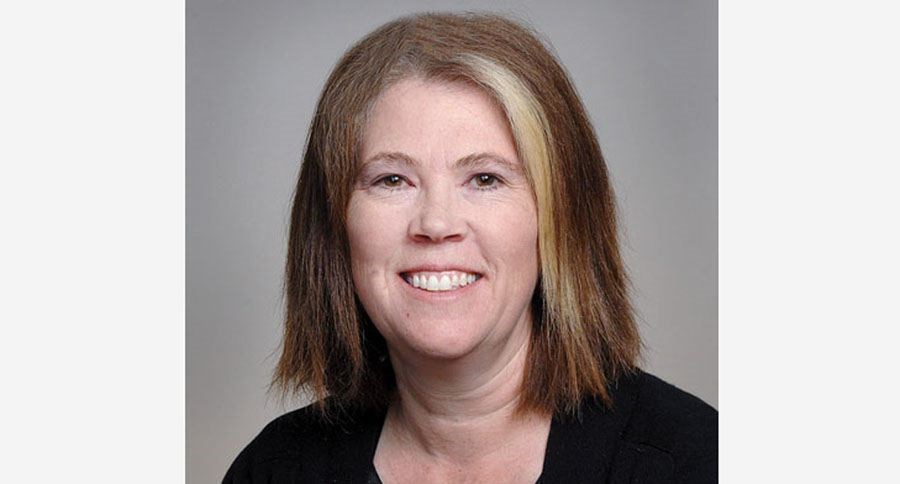Well, here we are again, another new year.
It almost seems impossible to me that another 365 days have flown by.
Like many people, I have spent time reflecting on the past year: the joys and sorrows, the triumphs and the failures. I think that reflection is the only way to get better at what we do even though I don't believe in regrets.
I admired Neil Godbout's column in which he reflected on the editorials he has written over the last year so I thought I would follow his lead.
I looked back to see if I could surmise a general theme about politics that has framed my columns. I don't yet have Neil's courage to tell you which columns I wish I had not written. My journalistic skin is not that thick quite yet...
Over the last year I have written about terrorism, electoral promises, electoral outcomes, constitutional procedure, great speeches and political gaffes but the most common theme that I see in my work is the issue of the role of civil society in the health of democracy.
I suppose it should not surprise me to see this theme emerge in my work. The role of civil society is what drew me to studying politics when I was an undergraduate student.
I was blessed in my university education to be taught by a wonderful scholar named Doug Long at the University of Western Ontario. His passion for political philosophy drew me into thinking about politics as a critical element of the way that we live together. He introduced me to Western political thought and he made it possible for me to understand texts that I never dreamed I could read.
The great works of Western philosophy reveal the central questions of political life including: "how should we live together; how much government; what is the role of civil society and what obligations do we have as citizens?"
The great joy of scholarship is that it is a debate. These questions have been mulled over for centuries and we see the manifestations of the way the questions have been answered in our everyday political life. The answers to these questions are where we get different political ideas and ideologies.
Governments and political parties turn the answers to these questions into public policies.
Upon reflection of last year's columns I see that I have tried to explain politics not just as a process but also as a kind of critical socializing force.
I argued, for example, that sport is a great socializer. I also suggested that citizens have a responsibility when journalistic integrity is questioned when I argued that the Brian Williams' affair was, at least in part, provoked by our need for "entertainment journalism."
I also challenged the idea of the American Dream. The dream has become an excuse for a disengaged citizenry and a politics of mistrust. The dream has become the basis for denying a social contract among citizens to provide better health care and education and even reasonable gun control.
I observed that in Canada the social contract was becoming frayed until the federal election reasserted the collective Canadian consciousness. The long election campaign gave time for the issue of Canadian values to become front and centre as THE key political issue. The call for change seemed to turn on re-establishing what it means to be Canadian.
As we look forward to 2016, the issue of the role of civil society will be critical in both American and Canadian politics.
In the United States, the presidential election will likely come down to the way Americans view their individual responsibility to civil society.
At this moment, Donald Trump is working to create an environment of distrust. His type of politics is worrying because he not only promotes distrust of government, he promotes distrust of one's neighbours.
In Canada, there are a lot of expectations on the Liberal government to assert Canadian values through public policy.
For the Conservative Party they have already begun to reflect on their electoral failure. The pundits are suggesting that the "Red Tory" conservatives, who believe strongly in the importance of civil society, and not government, as the root of a good democracy, will need to reassert their power in the party.
2016 will be another interesting year for political analysis but the basis of that analysis lives in reflecting and learning from the past.



